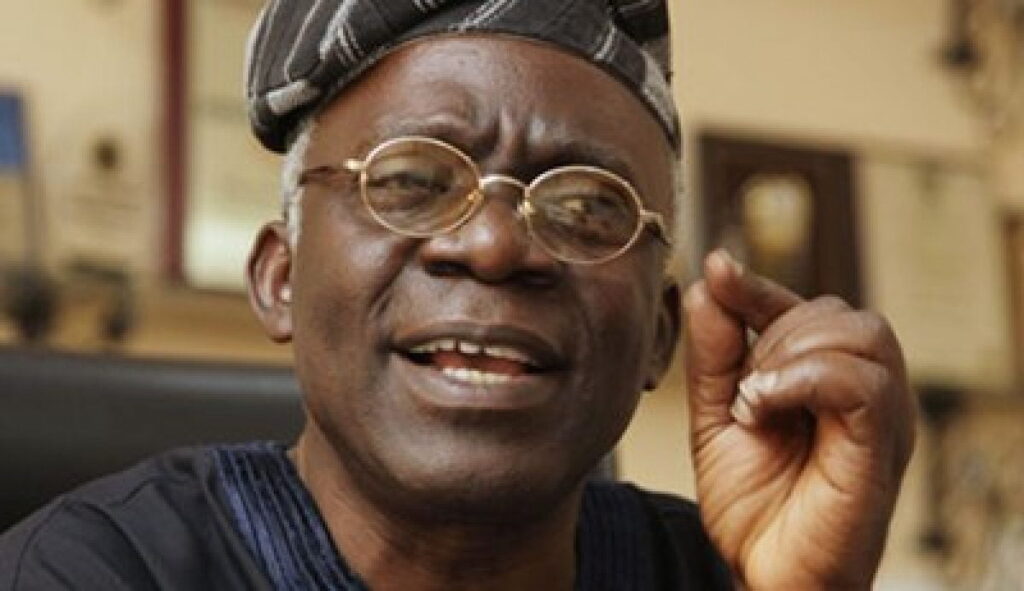
Femi Falana, a human rights lawyer, has expressed disappointment in the Federal Government, asserting that the Minister of Power, Adebayo Adelabu, has let down Nigerians.
Falana’s criticism follows Adelabu’s appearance before the Senate on Monday to defend the decision to increase electricity tariffs and the subsequent financial burden on Nigerians.
He remarked that the move was influenced by directives from the International Monetary Fund and the World Bank.
During an appearance on the Channels TV show on Monday night, Falana criticized, “The failure of the Minister of Power, Mr Adebayo Adelabu, to address the issue of the illegitimacy of the tariffs is concerning.”
He pointed out that according to Section 116 of the Electricity Act 2023, a public hearing should have been held at the request of the DISCOS before any tariff adjustments were made, which was not carried out.
Additionally, neither the minister nor the Nigeria Electricity Regulatory Commission has offered a satisfactory explanation for the apparent disregard shown in implementing the tariff increase.
Expressing his dismay at what he viewed as governmental irresponsibility, Falana alleged that the Nigerian government was simply following instructions from the Bretton Wood institutions.
The Senior Advocate of Nigeria accused Western countries, spearheaded by the United States of America, of applying double standards by subsidizing various sectors and providing aid to students, while advising against similar actions by the Nigerian government for its citizens.
In the wake of public outcry following the tariff hike announcement, Adelabu clarified that the increase would only impact Band A customers receiving approximately 20 hours of electricity per day.
However, Falana stood firm in his stance, asserting that neither the minister nor the Nigerian Electricity Regulatory Commission had sufficiently justified the tariff increase.
The legal expert emphasized that Nigerian legislation does not permit discrimination among customers through categorization into different bands.
He firmly stated that the government cannot demand varying payments from Nigerians for the same service, especially when the predominant service experienced is darkness.
